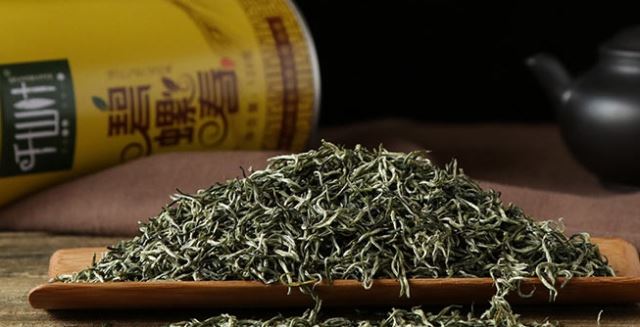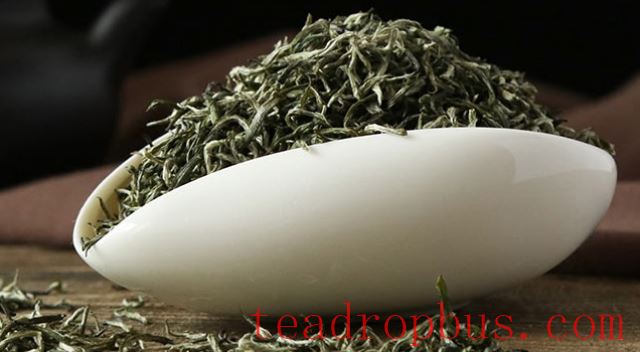Tea is highly absorbent and susceptible to oxidation, making it prone to dampness and the absorption of odors, as well as undergoing spoilage. If not stored properly, tea can gradually change color, lose its aroma, and even become moldy or develop an off smell, losing its value for consumption. Therefore, scientific methods must be used for storage. When not being consumed, tea can be stored in the fridge. But should tea be refrigerated or frozen in the fridge?

Storing Tea in the Fridge: Refrigeration or Freezing
Should tea be refrigerated or frozen in the fridge? Different types of tea require different storage methods, and using a fridge isn't suitable for all teas. However, for those teas that can be stored in the fridge, they should only be refrigerated, not frozen. Therefore, it's better to use the refrigerator for tea storage. Freezing at excessively low temperatures can rapidly dry out the moisture in the tea leaves. Over-dried tea leaves become brittle and easily break, leading to a change in taste. There are also several considerations when refrigerating tea to ensure proper preservation.

Precautions for Refrigerating Tea
1. For storing tea in the fridge, a refrigeration temperature around 10 degrees Celsius provides good results. If kept between 0 and 5 degrees Celsius, the storage effect is even better.
2. Tea has a strong ability to absorb moisture and odors. When storing tea in the fridge, it's essential to ensure the tea is well-sealed and the fridge is Odor-free. The tea must be sealed tightly. Additionally, tea should not be stored alongside items with strong odors to prevent flavor contamination.

3. When removing refrigerated tea from the fridge, it should be promptly resealed after use to avoid condensation, which can increase the moisture content and accelerate spoilage.
Note that dark teas like Pu-erh do not need to be stored in the fridge and can be kept for long periods in a dry, ventilated, and odor-free environment.